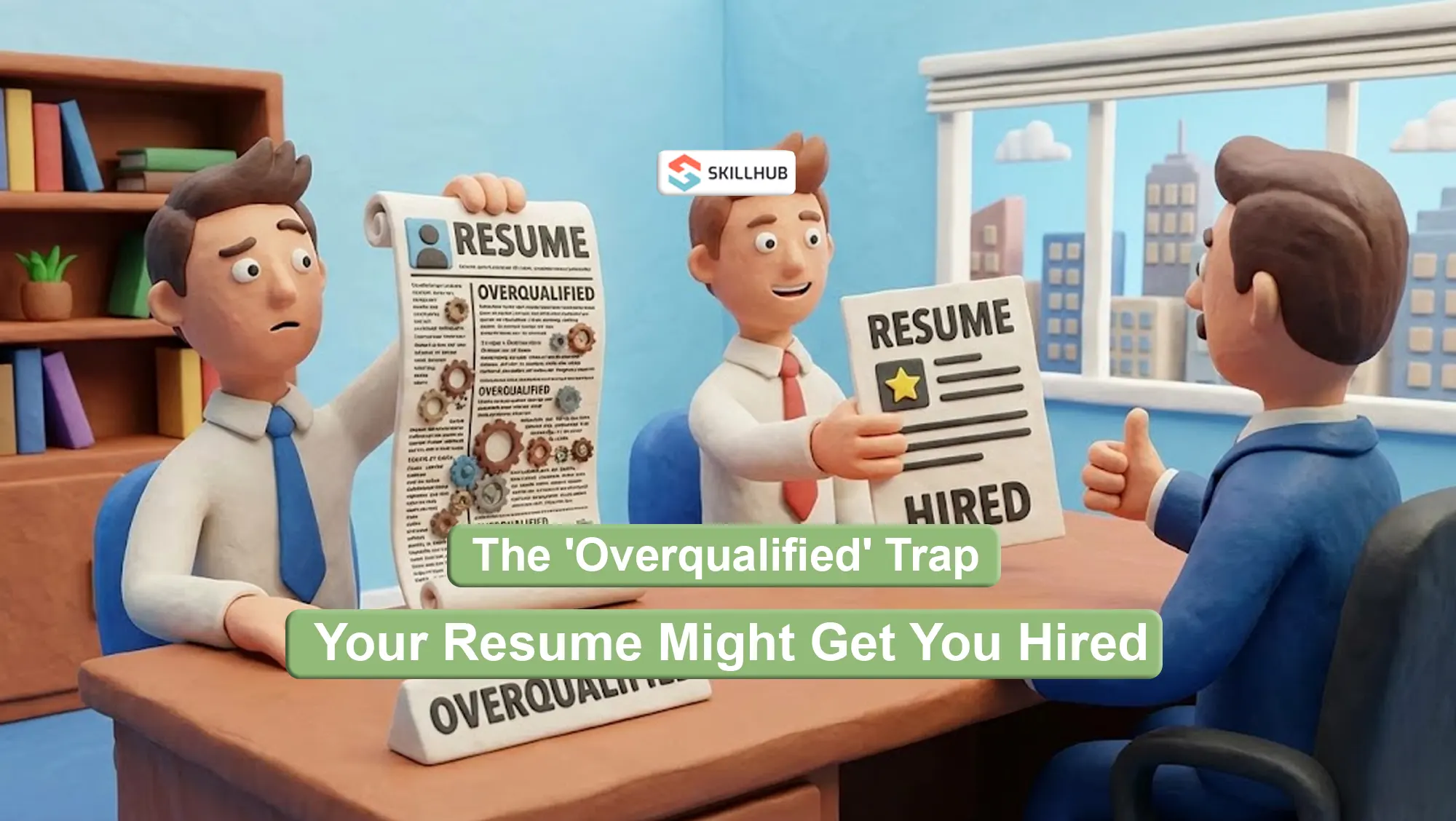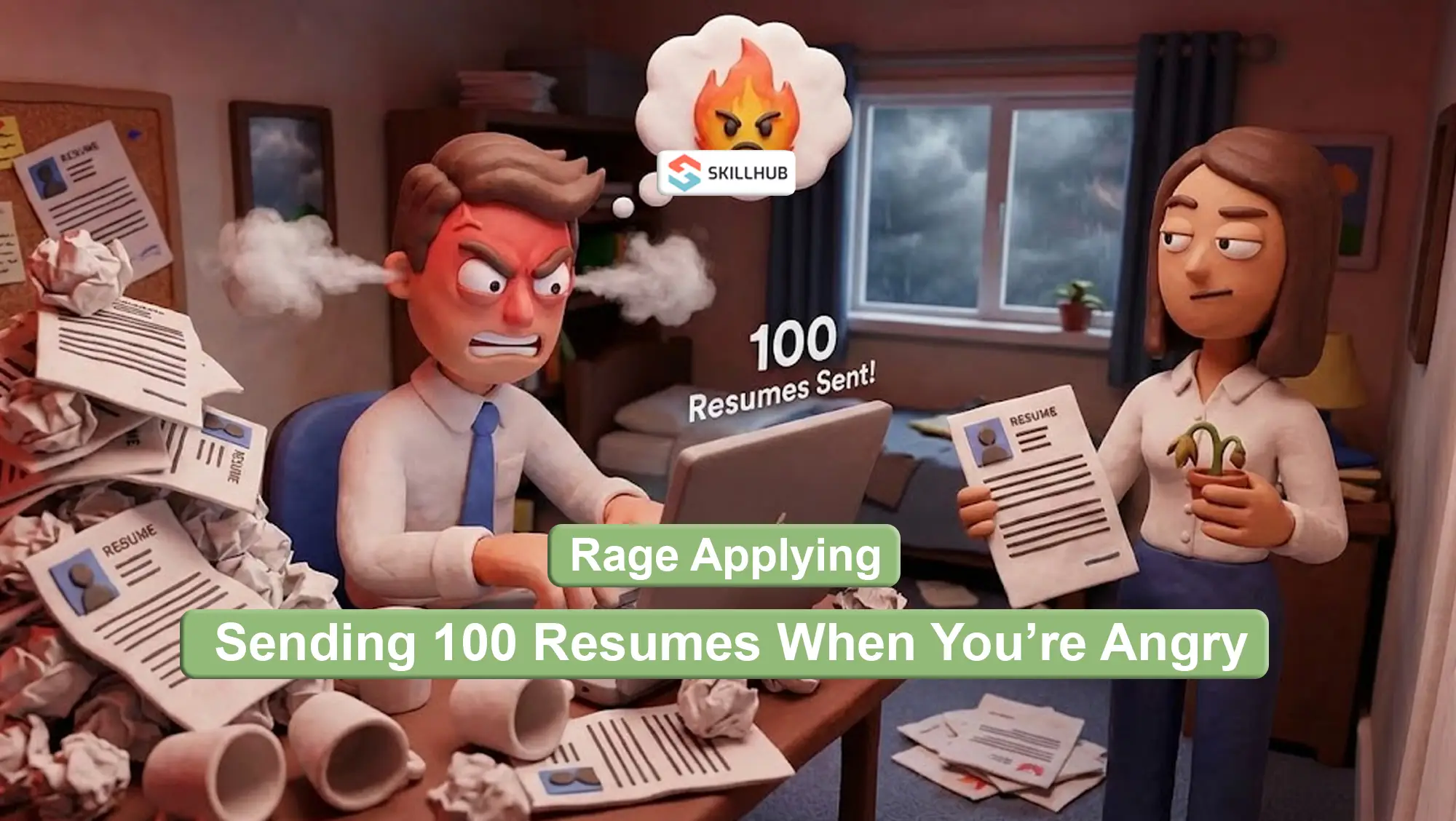Smart Techniques on How to Write a CV to Get Hired
.png)
At the first glance, CV writing is simple. What difficulties can one face while listing their skills and describing job history? However, not everyone knows how to write a CV that can grab an employer’s attention and leave a good impression. The main problem with a CV is that a candidate should explain why he or she is the right person for the position.
From our guide, you’ll find out:
- What a CV is
- Why it’s important to write a good CV
- How to create a perfect CV
- Tips on writing CVs
- CV examples
Want to save money and get a well-structured and effective CV? Then contact our management team to order a professional CV that will change your career.
What Is A CV?
Wonder what does CV mean? Let’s find out. A CV stands for curriculum vitae, which is Latin for “the course of life”. A CV is an important document for any job seeker as it outlines their employment history, professional and soft skills, and their applications, experience, education, and accomplishments.
Creating a CV is a challenging process that requires much effort and scrupulosity. This is the most important step in your career development as you need to convince a recruiter to contact you and consider your candidacy among others.
Before talking to you in person, an employer will carefully read your CV meaning so it should be well-prepared. What’s important to mention is that your described skills and experience should be relevant to the desired job position.
So, as you can see, creating a good CV is not an easy job. However, we’ll help you. Read our guide to learn to write an excellent CV.
Want to have your CV written perfectly? Only top resume builder service can make it. It is easy, fast and secure. Our customers trust us! We'll help you out.
Do I need a CV? Yes. The Importance of Writing A CV
There are some reasons for making a CV your major focus of attention when applying for a job. A good CV will allow you to:
- showcase your professional qualifications
- summarize your experience
- set you apart from other candidates
- get you an interview with an employer
- demonstrate your professionalism
- provide extra information about you as a personality
- to make the right impression on an employer
See how many benefits writing a good CV can bring you. So let’s move on and find out how to create it.
Right CV Format
Not only the content of your CV plays a critical role in making a positive impression but also its format. Apart from using appropriate language and having no grammar mistakes, there are lots of things to consider such as your CV length, structure, etc. Here are tips for choosing the best CV format:
- Don’t make large page margins
- Provide key contact details, no need to add each and every channel of communication
- Divide sections clearly
- Use bulleted and/or numbered lists
- Ensure tidy transitions between pages
- Name your CV file properly
It is also a nice idea to attach a cover letter when filling out your job application form. You can choose the desired cover letter format to add more value to your CV. Think about what to include in your internal position cover letter so it may persuade an employer to invite you for an interview.
CV Layout
As we have already stated, CV writing can be rather challenging. Especially when it comes to your document layout. It should be easy and pleasant to read. Otherwise, employers can simply close the file.
There are multiple CV layout examples on the web. Here are the most important things you should consider:
- Start with contact details, but don’t give too many options as it eats space.
- Don’t use bright colors, print in black. Using bold or cursive to emphasize important information will be enough.
- Create a compelling and catchy profile to summarize key facts about you.
- Include such sections as education, experience, and skills. They are extremely important.
CV contact information
If you ask “How to write a great CV?” then our answer is “Start with your contact details.”
It may sound strange on the one hand but it’s rather obvious on the other hand. If an employer likes your CV and wants to invite you for an interview and there are no contact details or they are irrelevant, you will end up losing your chance to get hired.
So ensure you include your location (city, state, country), phone number, and email address that you use for personal and/or business communication. You can also include a link to your LinkedIn profile.
Make sure you provide the right phone and email. Be honest while providing your location as an employer may want to hire a local candidate if the position doesn’t suggest remote work.

CV Summary Or CV Objective Statement
When you write a CV, you should create a CV summary and a CV objective statement. Basically, these are different things. Let’s dive into it and see how they differ.
A CV summary is a short description provided for the employing company that lists your experience, skills, and professional and personality qualities. It is put at the top of your document.
A СV objective statement is a part of a CV that showcases job seekers’ career goals and explains why they’re applying for the offered positions.
Below you can see a screenshot with a CV summary and an objective statement.

Add a section with work experience
An important part of your CV format is a section that describes your work experience. CVs with properly described employment history and work experience can get you more interviews.
In this part of your document, you should focus on your major responsibility and activities for each place of work. This will give an employer an understanding of what you’re competent in. Also, they may want to contact any of your previous employers mentioned in the section as a reliable source of information about you as a worker.
So when filling this section, clearly state your company name, position, core responsibilities, and list tools/methods/techniques/software/etc. you used to achieve your goals.

Skills for CV
The skills section of your CV is intended to tell your employer about your key skills concisely. Employers pay most attention to the job applicant’s professional skills that allow him or her to work successfully. So how to write a good CV skills section?
Skills are divided into two groups: soft (or general) skills and hard (or professional) skills, including technical skills (as part of hard skills, if any). Your list of skills for CV should include both categories.
Examples of hard skills are:
- Knowledge of HTML
- Experience in creating your own online store
- SMM-sales through social media
- Experience with Linux
- etc.
Soft skills examples are:
- The ability to process a large amount of information
- Ability to work in a team
- Ability to resolve conflicts
- Ability to make decisions independently
- etc.
Ensure you list only relevant skills you’ll need for the desired job position. You can use AI job applier to help you with that. Don’t mention things you’re not good at. Avoid meaningless words like “passionate” or “driven”, they tell nothing about your skills.

CV Education Section
An important part to include when writing a CV is the education section. Hiring managers look for such information in this section:
- University
- Your degree
- Specialty
- The year you graduated in
You can also include any related awards, coursework, programs, student activities, and other accomplishments. But don’t mention your school education. It has no value for a recruiter.
Of course, what employers want varies depending on the job requirements. If you’re applying for an entry-level position, the hiring manager will want to make sure you have a college degree. A recruiter looking for a department lead will want to see a management training certificate, such as an MBA diploma.

What Else You Might Include In Your CV
Remember what does CV stand for and how is it translated from Latin? It’s “course of life”. That means you can add extra details about yourself when filling out a job application form if it can somehow impact your career opportunities.
You can include:
- Your certificates. We mean any certificates or diplomas that aren’t required by your employer but can serve as a bonus. Besides, they help assess your level of professional skills.
- Languages. Some jobs require knowledge of foreign languages. Ensure you list them and specify your level of proficiency for each of them.
- Your hobbies. They will help recruiters look at you from a different perspective and understand what kind of person you are in real life.
Certificates
The presence of relevant certificates and licenses is critical for curriculum vitae writing. It is an excellent way to attract the employer’s attention to your candidacy.
Documents that confirm your qualification and knowledge will show that you are competent in your profession, able to self-develop, and will be useful for the company’s growth at the position you’re applying for.
Sometimes employers may require certain certificates from potential candidates. But even if this is not a critical requirement, the availability of relevant certifications will only be a plus. They are important both for those who improve their qualification and for those who change the field of activity and undergo additional training in a new field.
When filling out this section, ensure you list courses from relevant training programs and courses that may help you at work.

Languages
Curriculum vitae letters sent for certain jobs should also indicate what languages a candidate can speak. It is especially true for large international companies. Sometimes knowing a certain language is a decisive factor for employers when they choose from those who are applying for the position.
All languages the applicant is proficient in should be listed in the CV, including the applicant’s native language. Along with the language, it is necessary to indicate the level of proficiency. There are different scales for evaluating language proficiency, and it is important to stick to one of them when listing languages.

Hobbies
How to do a CV in a way that makes it look more attractive? It’s very easy. You can mention some things that distinguish you as a personality. While achievements set you apart as a professional, hobbies set you apart as a personality. They also help provide insight into how well you fit the company culture.
Try to be moderate in listing your interests so that their volume does not draw a key focus when reading your CV. When choosing examples of interests and hobbies, keep in mind that interest in sports shows that you are a good team player. Hobbies that require focus, on the other hand, speak of your ability to analyze.

Self-development projects
When you create a CV, it’s significant to show you as an ambitious and proactive person that has a passion for learning and development. And this can be demonstrated in the section where you list your personal projects. These are projects you decided to complete independently for the purpose of self-development.
You don’t need to describe the project in great detail in your CV. Usually, minimal details are given - what and how was developed, the deadlines, and for what client (or for self-education). Don’t forget to add a link to the project or to your whole portfolio. Ensure the listed personal projects are relevant to the desired role in the company.

Different CV Examples
Below you’ll find three perfect CV examples that will persuade any hiring manager that you’re a great candidate for the position.
Also, don’t forget that it is highly important to attach a cover letter along with your CV. It should contain a short but detailed message about why you’re applying for the position and what they should invite you for an interview. If you don’t know how to write cover letters or have no time for it, our writers will take care of your write my cover letter request.
Academic CV Sample
A good academic CV showcases your:
- Contact Information
- Education
- Teaching/Work Experience
- Skills
- Languages
- Interests & Hobbies
- Awards/Certifications
- Hobbies
- Volunteer Experience
- Hobbies
A sample CV is provided below.
Amanda Palms
EFL Teacher
A passionate EFL teacher focused on helping students achieve their goals like getting a competitive advantage when looking for job opportunities.
Experience
05.2012 - 05.2013
Responsibility: English Teacher for corporate classes
MediaForYou Ltd
Education
Illinois state university
Bachelor of Arts
Chicago, 2004
Certificates
Cambridge English teaching knowledge test
Want to know what CV Personal Statement Profile is? Visit this link. We've put the latest data and are permanently updating it.
Example CV For Graduate School
You need this type of CV when you’re looking for your first full-time job. It’s important to include your skills and education (university, years of studying, college, and specialty). Here’s a graduate student CV example.
Will Jean
An independent business graduate with high-level business management skills.
Education
The University of Manchester
Risk Management
2005-2009
Technical skills
Advanced user of Microsoft Excel
Soft skills
Critical thinking, public speaking
Achievements
Launched a recycling program
Languages
English - native, Spanish B2 certified, French - B1 certified
Professional CV Example
A professional CV is intended to help you choose a better job position in your field of expertise. Here’s how professional CV examples usually look like.
Jane Morgan
Professional career mentor
Helping people change their careers, get raises and promotions.
Experience
Consulting Ltd
Career Coach
2008-2010
Advising job seekers on a contractual basis, helping with fulfilling relevant coursework for career enhancement, providing guidelines on career choice.
Skills
Career Development, Community Education, Program Management, Public Relations
Certifications
Career Coach Certification Program, 2015, First International School of Coaching
CV Template
Use one of our CV templates to write your perfect CV. Remember that major employers' attention will be paid to your skills and experience section. Follow the provided structure to ensure your CV is easy to read.
Your full name
Contact details
Summary (A short introduction of a candidate that includes their skills, relevant experience, and accomplishments)
Objective (A brief explanation of your intentions and major professional goals)
Experience (in reverse-chronological order)
Education
Courses/Certifications/Awards
Hard skills
Soft skills
Languages
Hobbies/Interests
Extra information
Additional Tips On How To Make A CV
Writing CVs is not an easy thing. But now you’re equipped with detailed information on how to create a curriculum vitae. Let’s see some extra tips:
- Use numbers instead of text
- When possible, put numbers at the beginning
- Use the power of words correctly
- Show personal qualities without explaining them
- Avoid clichés
- Choose the appropriate format
- Show your commitment
- Determine the purpose of your search before writing your CV
- Think of your CV as a marketing tool
- Use short sentences
- Use industry-specific terms
- Show your CV to someone for review
This all will help you make a positive impression on employers.
How To Write A CV That Wins An Interview: Key Takeaways
So now you are fully equipped with information on how to write a CV, examples, and CV templates. Let’s sum it up:
- Include all the information that reveals you as a professional and as a personality.
- Use your photo to become recognizable
- List only those skills, achievements, and certificates that are relevant to the desired position
- Provide your employment history and experience, ensure you list your key responsibilities and accomplishments
- Focus more on your professional skills rather than soft skills
- Be honest, don’t overestimate yourself when listing skills
- Be clear when filling out each section so that employers can find answers to all their questions
- Attach a cover letter to increase your chances of being invited for an interview
By following the above-mentioned tips, you’ll increase your chances of getting hired. If you need professional help from resume experts, don't hesitate to address it best resume writer service. A hiring manager needs an outstanding CV, and writing the good one takes time and energy. So keep in mind to make it thoroughly.
%20(1).png)



%20(1).webp)